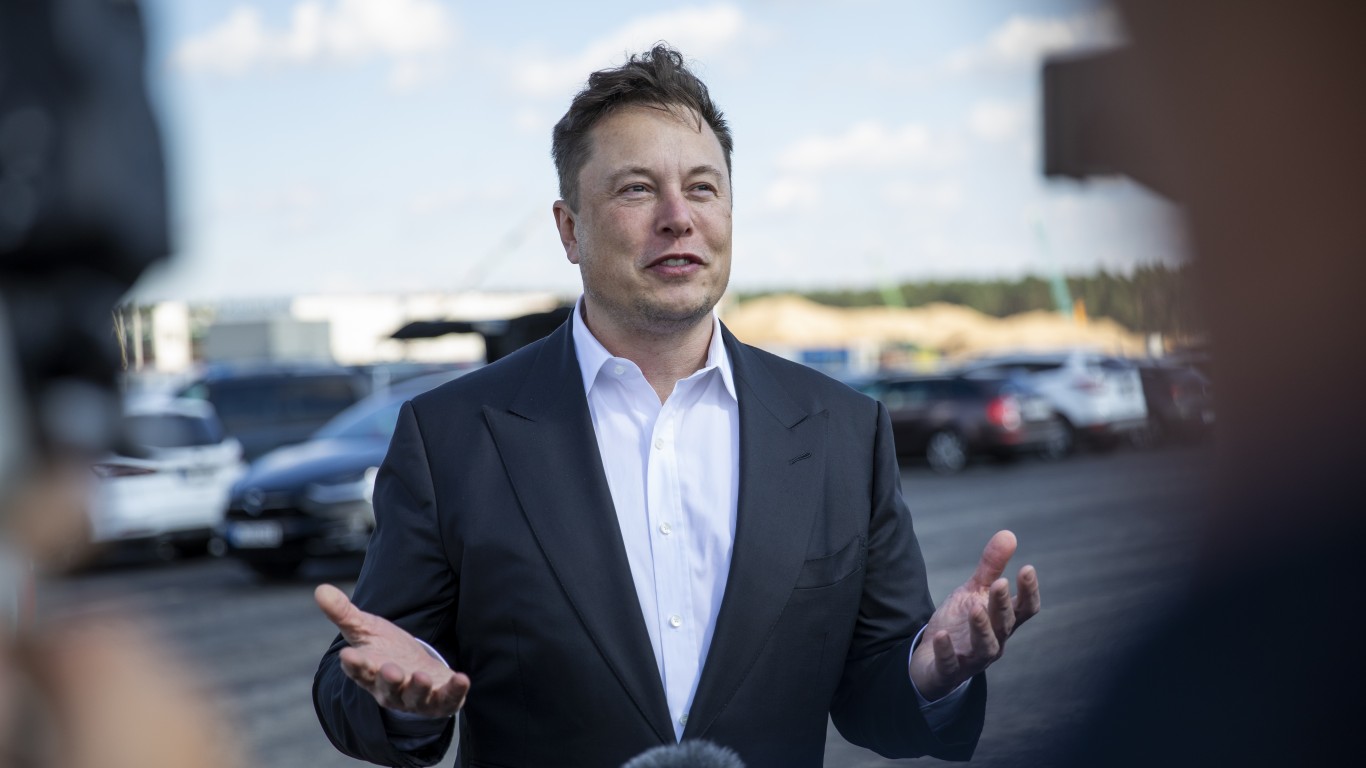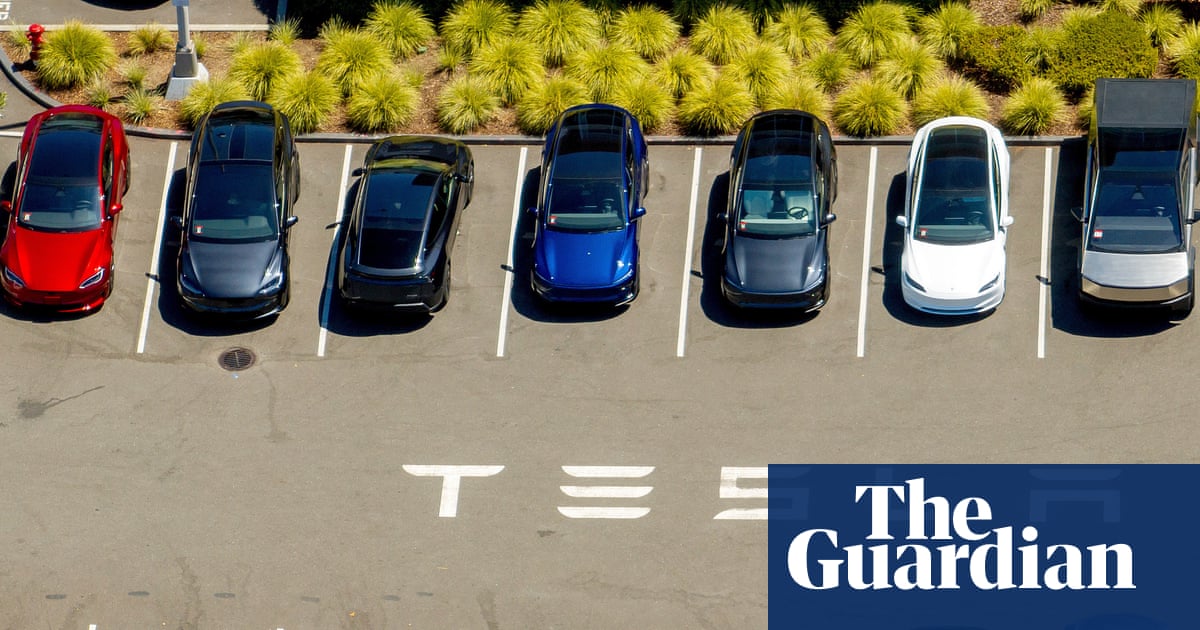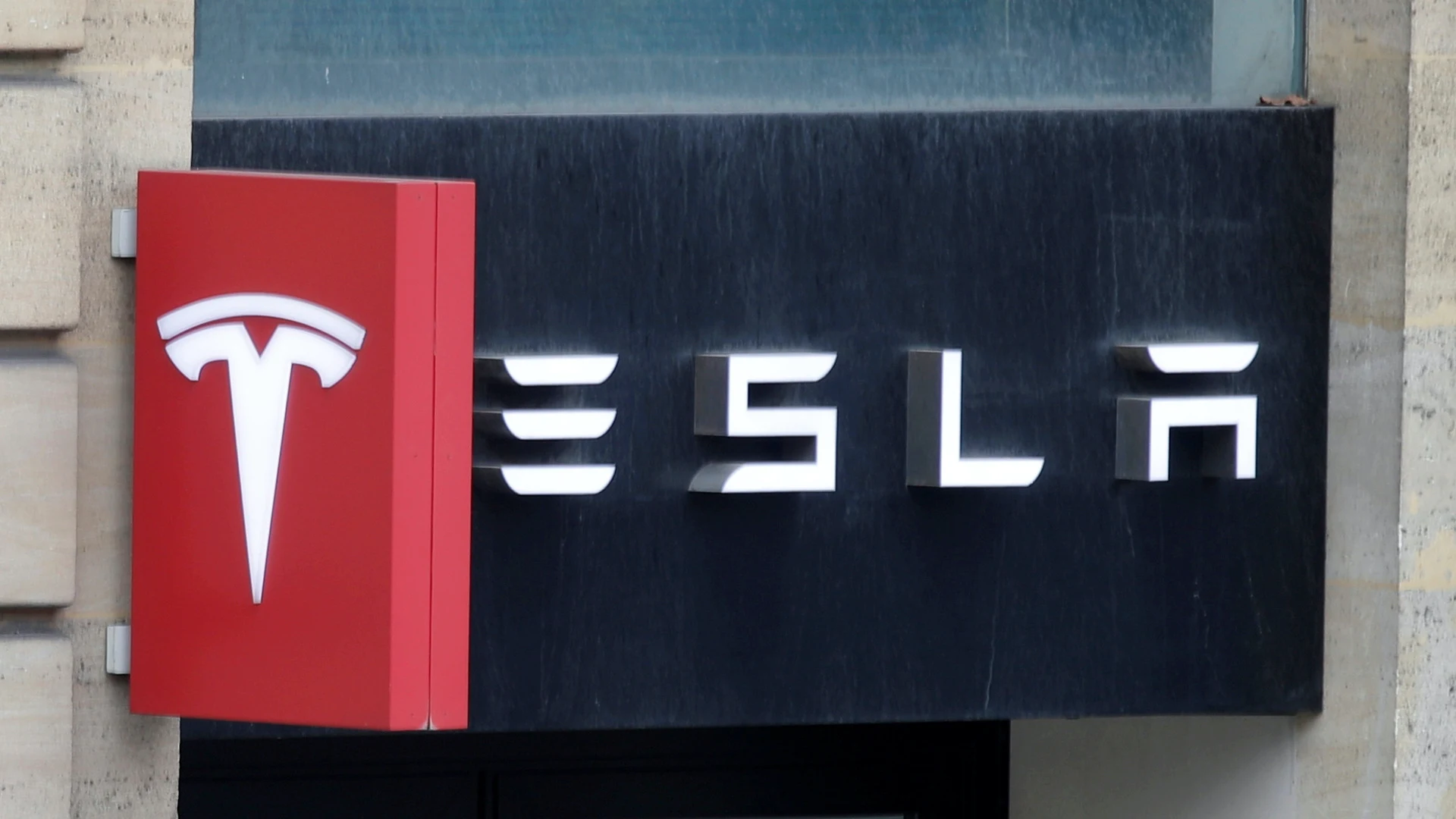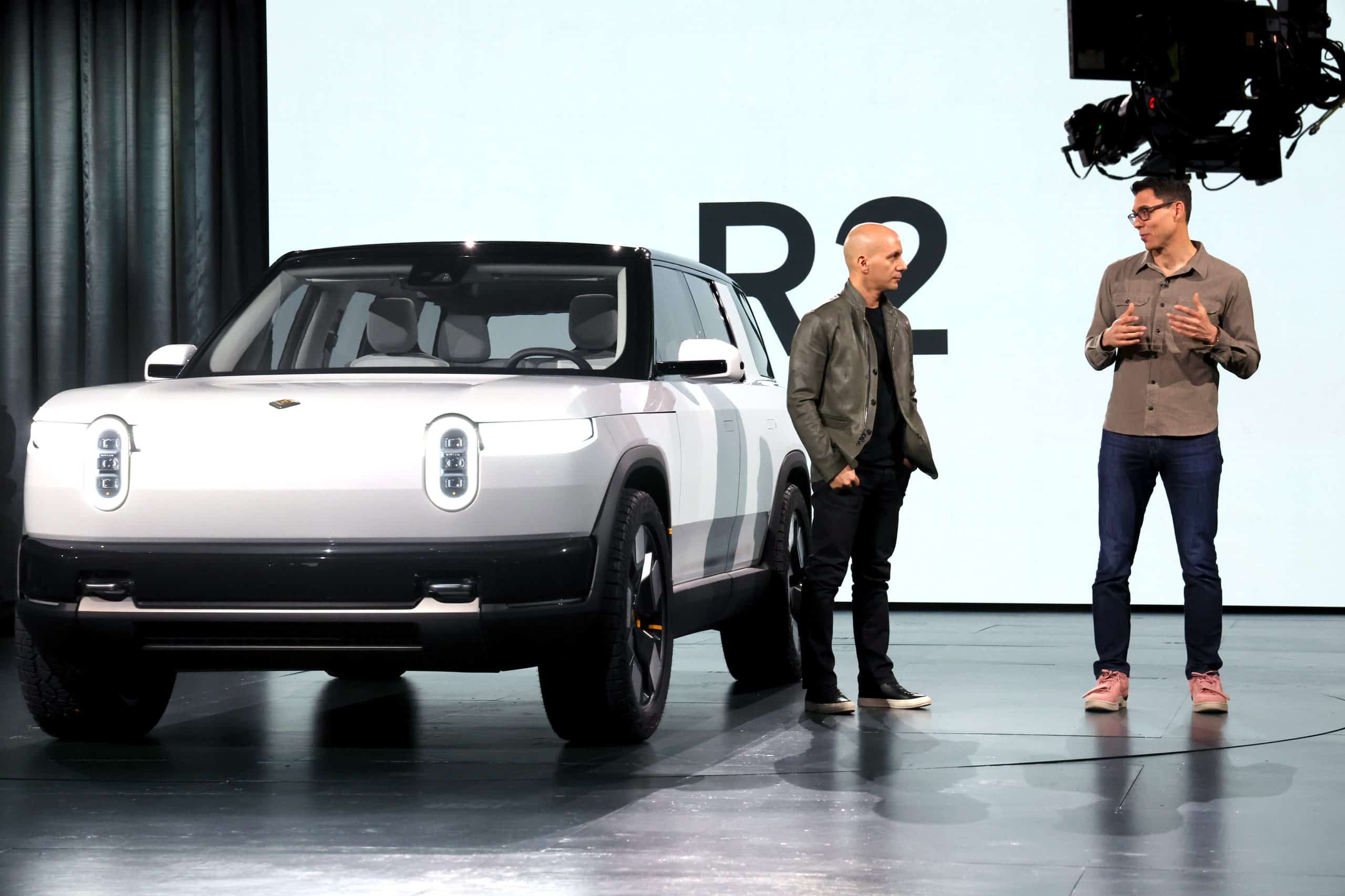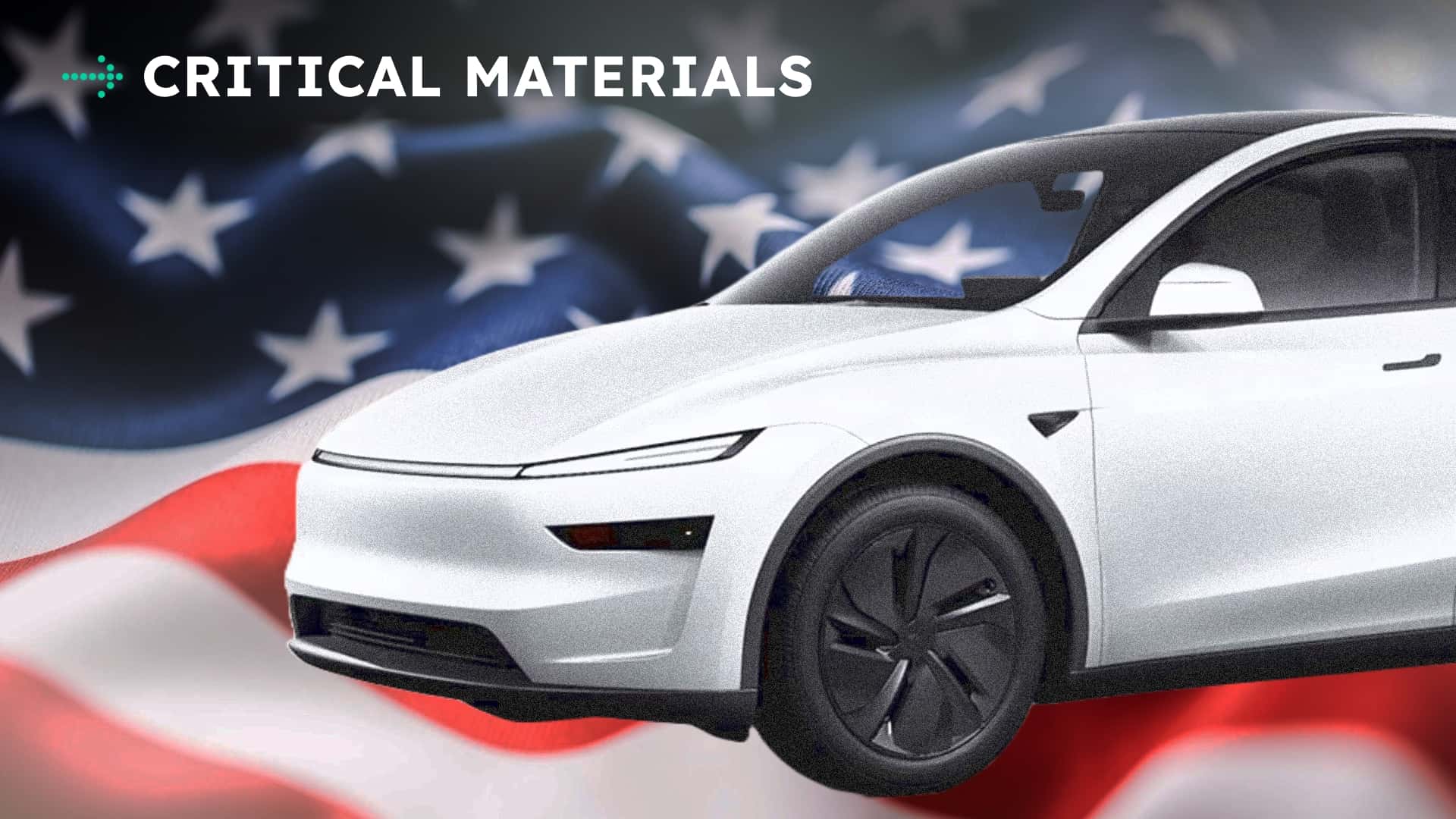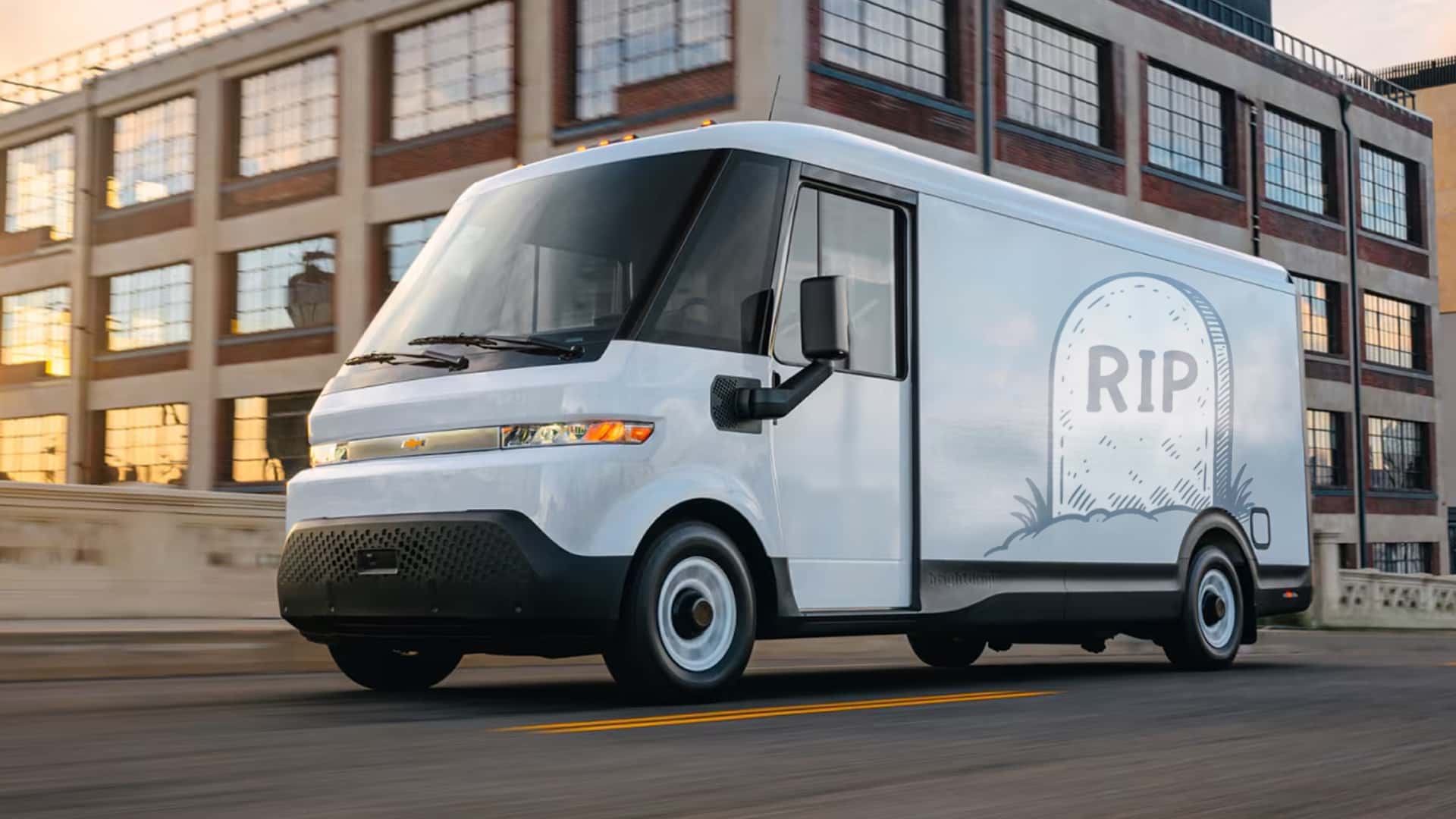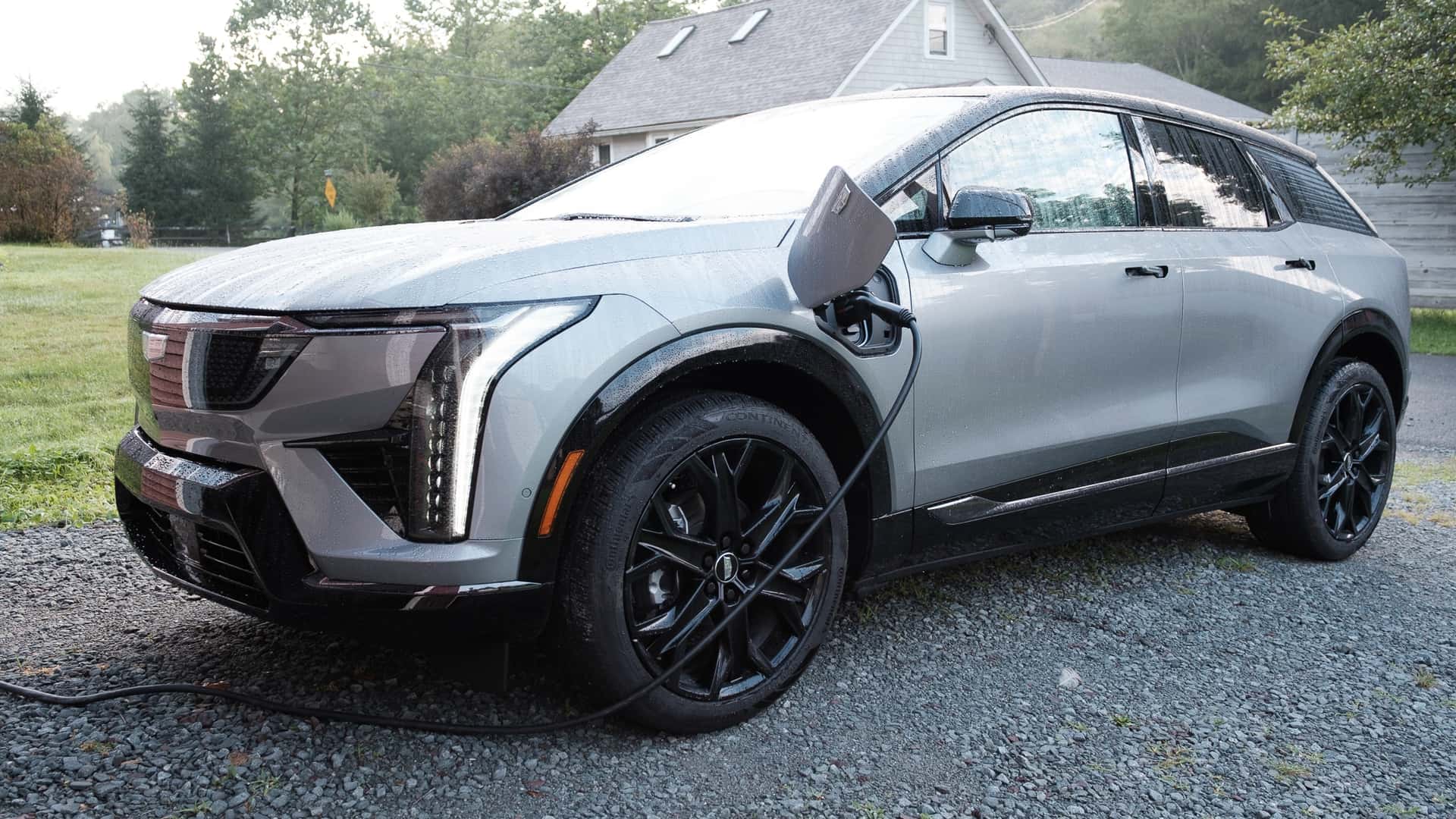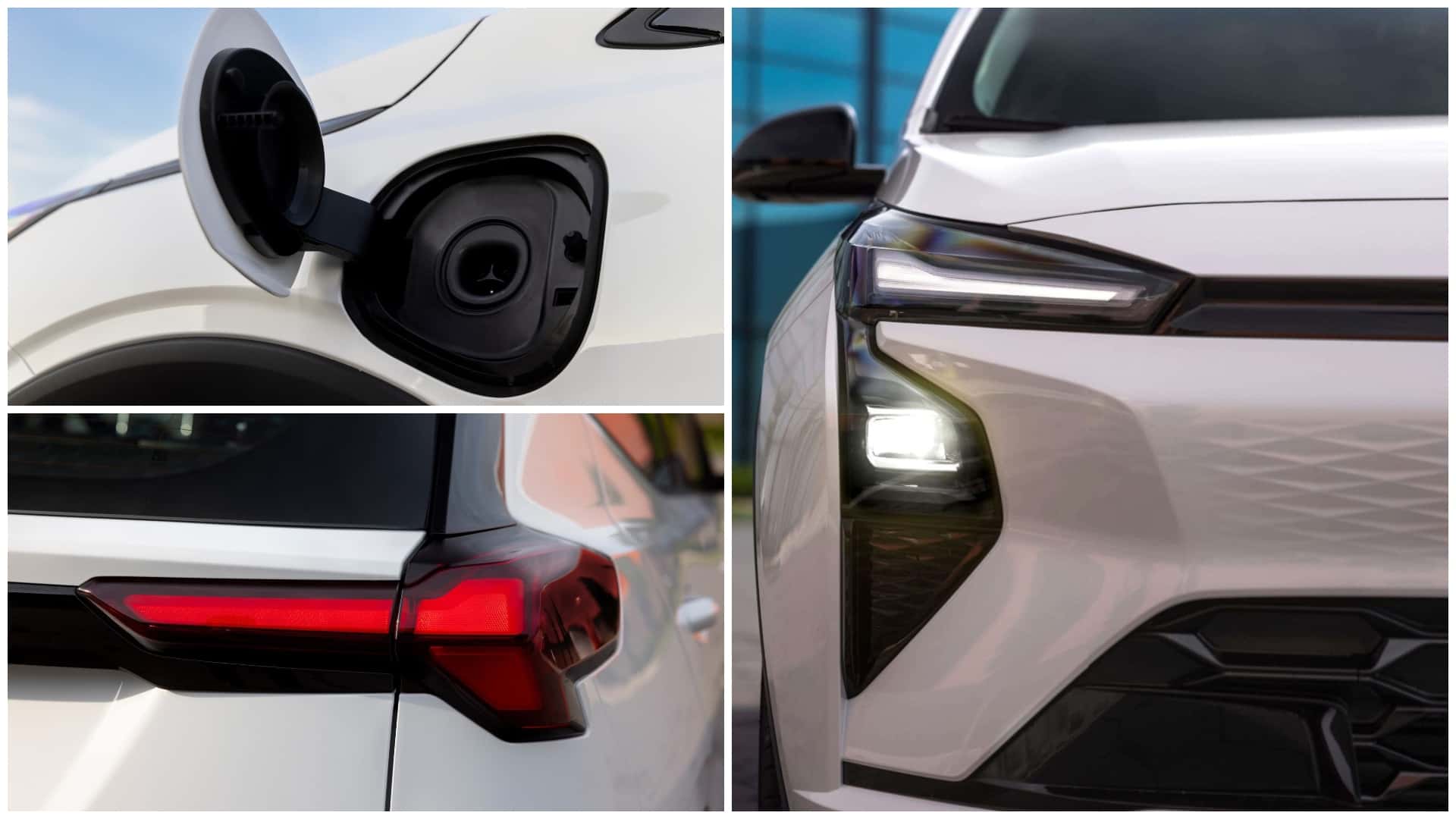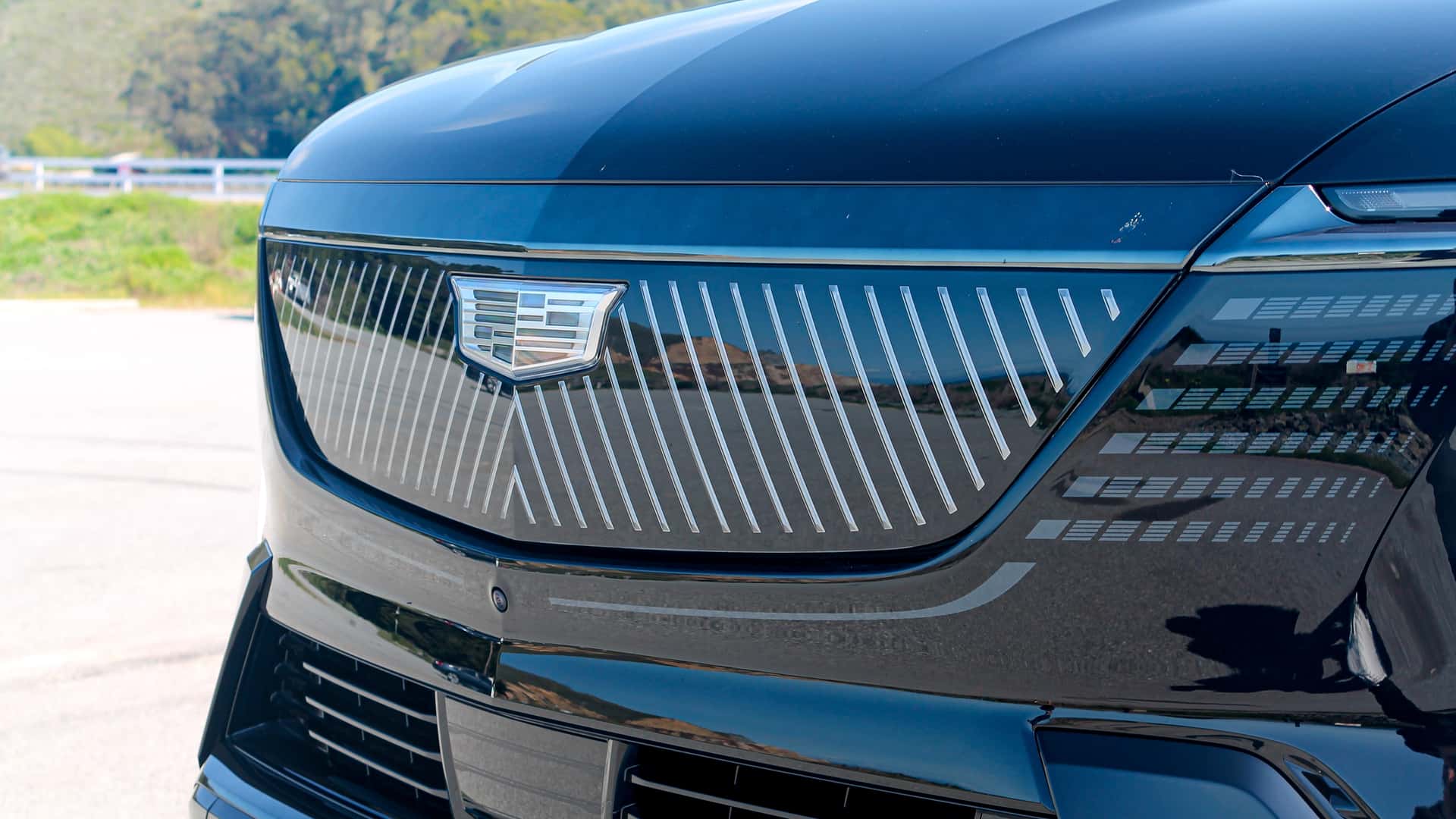#ev-tax-credits
#ev-tax-credits
[ follow ]
frominsideevs.com
3 months agoThe Surprising Limits Of America's EV Tax Credits
The party's over. Now comes the hangover. I'm talking about the end of electric-vehicle tax credits in America, which helped drive a bonanza of sales in the third quarter of this year. But now that they're gone, many experts and analysts expect a downturn in the marketat least for a while. Predictions we've reported on range from "a speed bump" to "a dangerous drop in investments that would keep the U.S. competitive with Europe and China."
Cars
fromwww.npr.org
3 months agoEV sales surge in the U.S. ahead of Sept. 30 tax credit deadline
The Republican tax and spending package that passed in early July brought an early end to federal EV tax credits, which are worth up to $7,500 for new electric vehicles and up to $4,000 for used ones. The credits end on September 30. Specifically, buyers need to have a binding contract in place by that time the vehicle itself can be delivered later. Anybody who was thinking of getting an EV soon-ish suddenly had a four-figure incentive to get one fast.
US news
[ Load more ]
